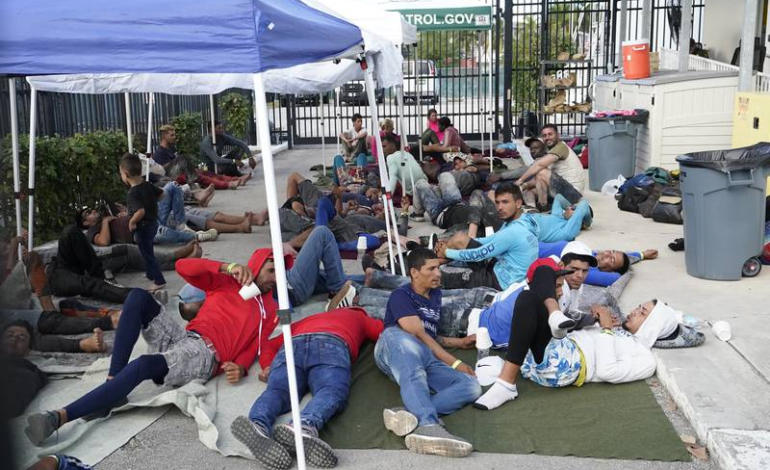
Avellon Williams
FLORIDA- There have been more than 500 Cuban immigrants arriving in the Florida Keys since the weekend, the latest in a large and increasing number fleeing the communist island and straining US border agencies.
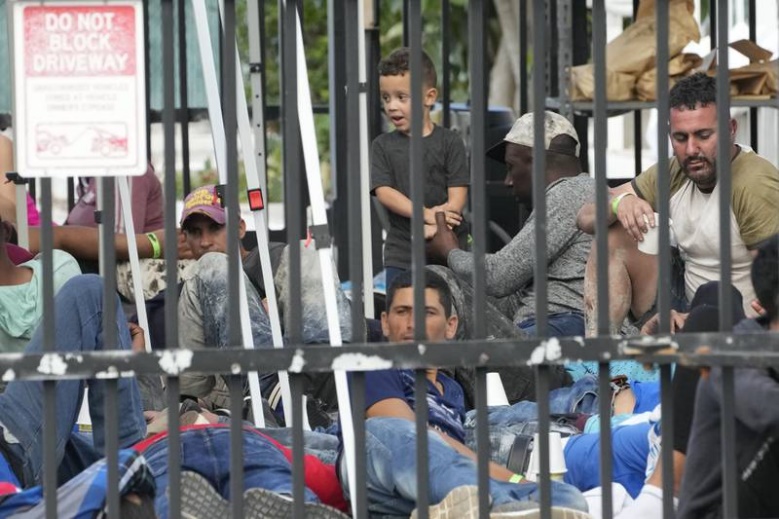
A 160-kilometer trip in rickety boats can be deadly, and thousands have perished along the route.
Despite the deepening and compounding political and economic crises at home, more Cubans are taking the risk.
In addition to Haitians fleeing their country’s economic and political woes by boat, there are also a smaller number of Haitians arriving in Florida by boat.
Attempts are made by the Coast Guard to intercept Cuban migrants at sea and return them to Cuba. As of October 1, about 4,200 people have been stopped at sea, an average of 43 a day since the beginning of the US fiscal year.
It was up from 17 a day in the previous fiscal year and just two a day in 2020-2021.
Unknown numbers, however, have made it to land and are most likely to stay.
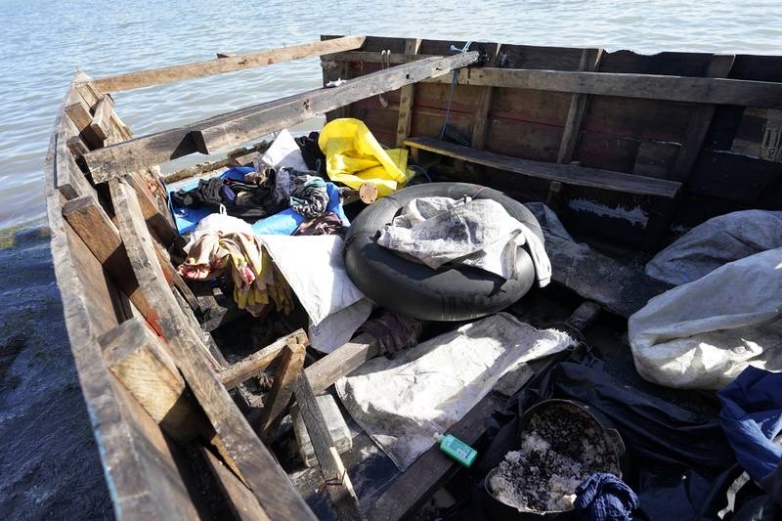
“I would prefer to die to reach my dream and help my family,” Jeiler del Toro Diaz told The Miami Herald shortly after arriving on shore on Tuesday in Key Largo.
“The situation in Cuba is not very good.”
Despite promising to issue a statement on Wednesday, Homeland Security has yet to do so.
As the US moved migrants who had arrived earlier in the week to Dry Tortugas National Park, 110 kilometers west of Key West, visitors were not permitted on Wednesday.
Approximately 255 tourists arrive each day by boat and seaplane to tour the islands and the 160-year-old Fort Jefferson. The exact date of its reopening was unknown.
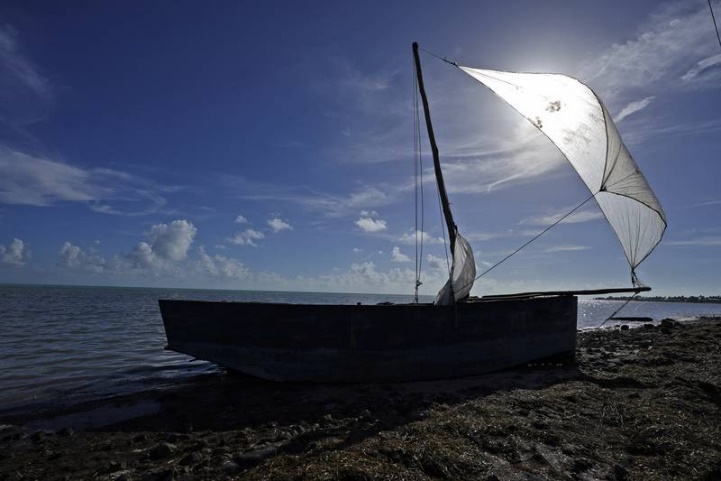
A Cuban-American group, Movimiento Democracia, went to the Keys on Wednesday to assess the situation.
During his visit, Sanchez met 22 Cubans waiting for US authorities to pick them up along the main road.
According to him and Keys officials, U.S. President Joe Biden’s administration needs a more coordinated response.
“There is a migration and humanitarian crisis, and it is necessary for the president to respond by helping local authorities,” Mr.Sanchez said.
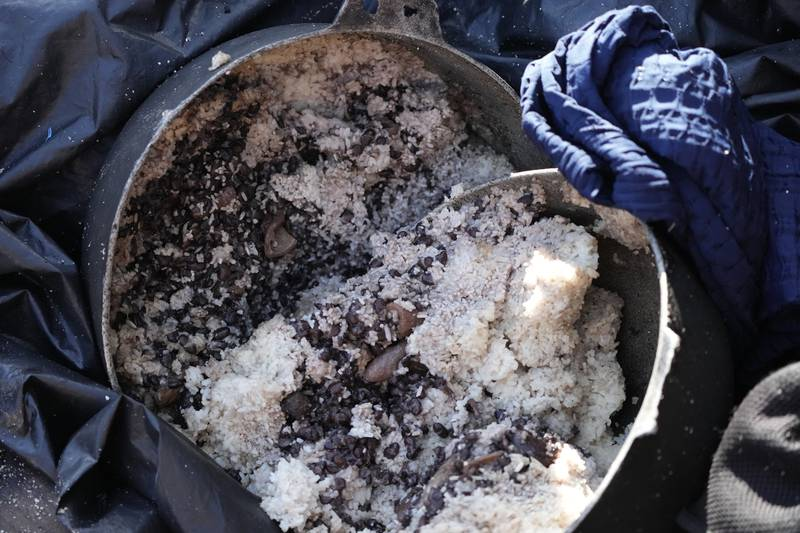
Despite the murky legal situation, Cubans are willing to take the risk since they almost always get to stay on US soil.
In addition to flying to Nicaragua, they also travel north through Honduras and Guatemala to Mexico by land.
There were 220,000 Cubans arrested at the US-Mexican border in the 2021-2022 fiscal year, nearly six times more than in the previous year.
The majority of Cubans who enter the US illegally tell Border Patrol agents they cannot find adequate work at home, so they are flagged as “expedited for removal.”, according to Callan Garcia, a Florida immigration lawyer.
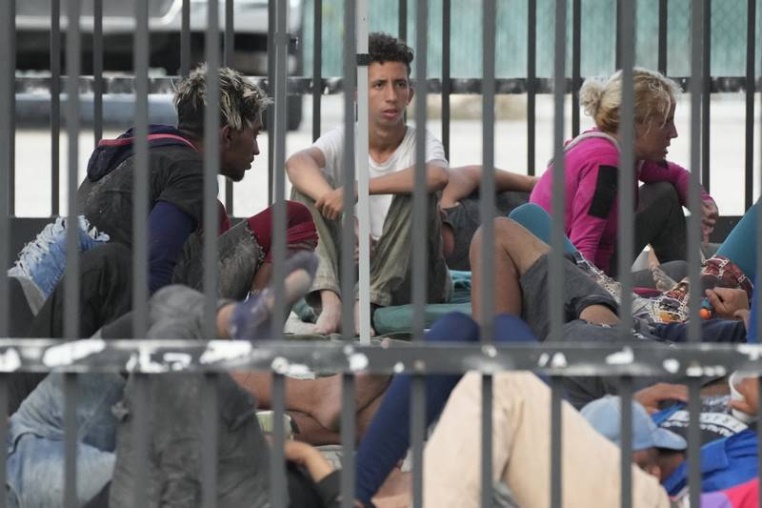
Nevertheless, the connotation that they will be removed quickly or at all is misleading. As the US and Cuba do not have formal diplomatic relations, the American government cannot repatriate them.
In exchange for their release, Cubans are required to contact federal immigration authorities periodically to confirm their address and status.
The immigrants are allowed to obtain work permits, driver’s licenses, and Social Security numbers, but they cannot apply for citizenship or permanent residency.
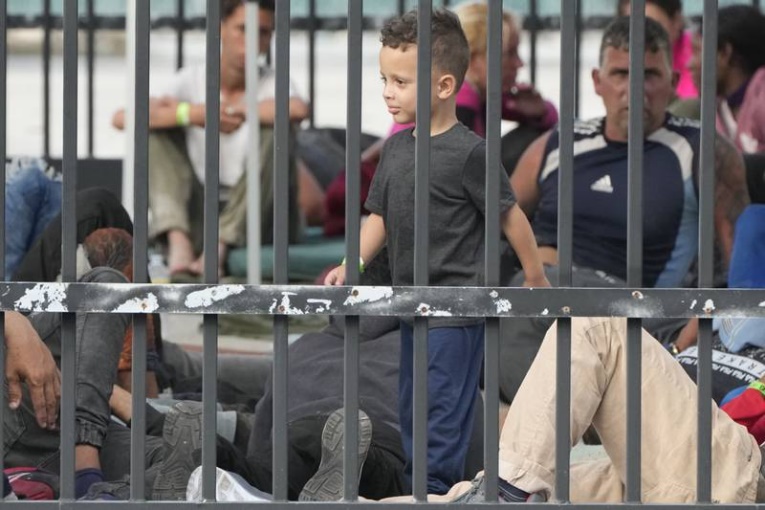
According to Mr. Garcia, that could last for the rest of their lives. It is still possible for Cubans who came during the 1980 Mariel boatlift to be designated as “expedited for removal”.
“They’re just sort of here with a floating order for removal that can’t be executed,” said Mr. Garcia, who worked for Catholic Legal Services before going into private practice.
He said a small percentage of Cuban immigrants tell Border Patrol agents they are fleeing political persecution.
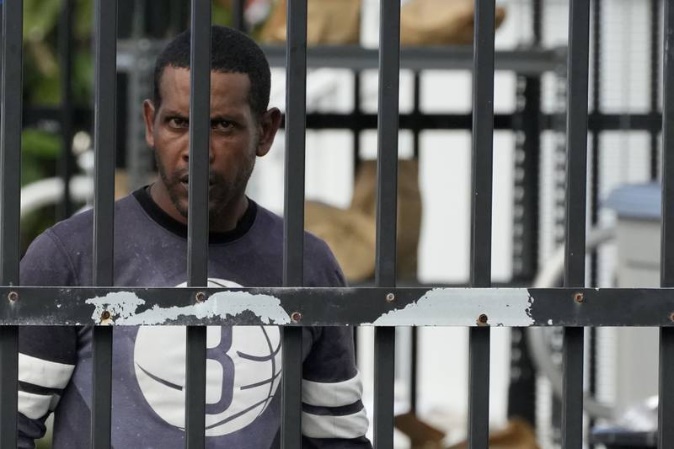
As a result of the 1966 Cuban Adjustment Act, they are released until they can present their case before an immigration judge. They can receive permanent residency and later apply for citizenship if approved.
Haitian immigrants are almost always sent back despite political persecution and violence, as well as severe economic hardship.
“That inconsistency has something that immigrant rights advocates have always pointed to,” Mr. Garcia said.




